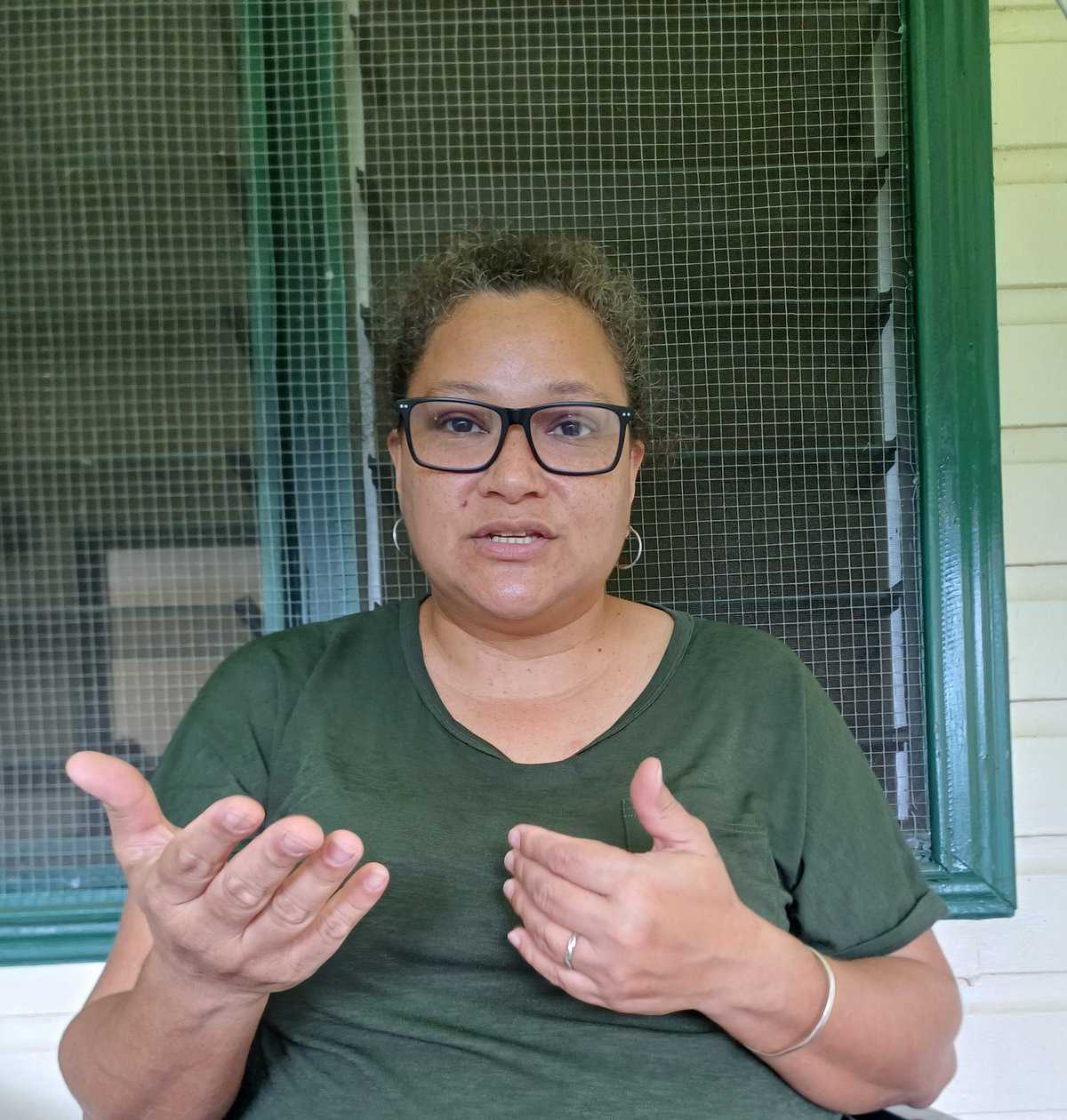Dissent has broken out between the USP Students’ Association and students supporting sacked academic Dr Tamara Osborne-Naikatini . . .
Please Subscribe to view full content...

Dissent has broken out between the USP Students’ Association and students supporting sacked academic Dr Tamara Osborne-Naikatini . . .